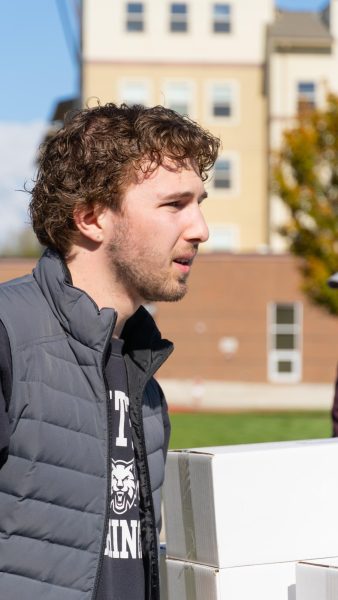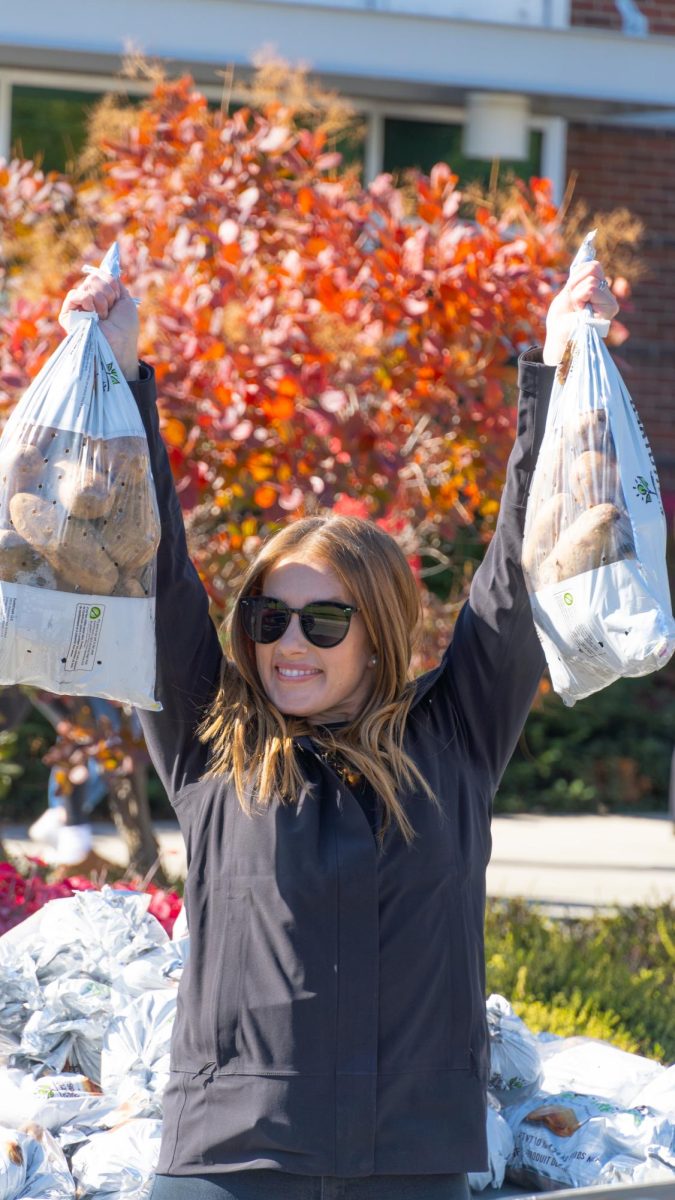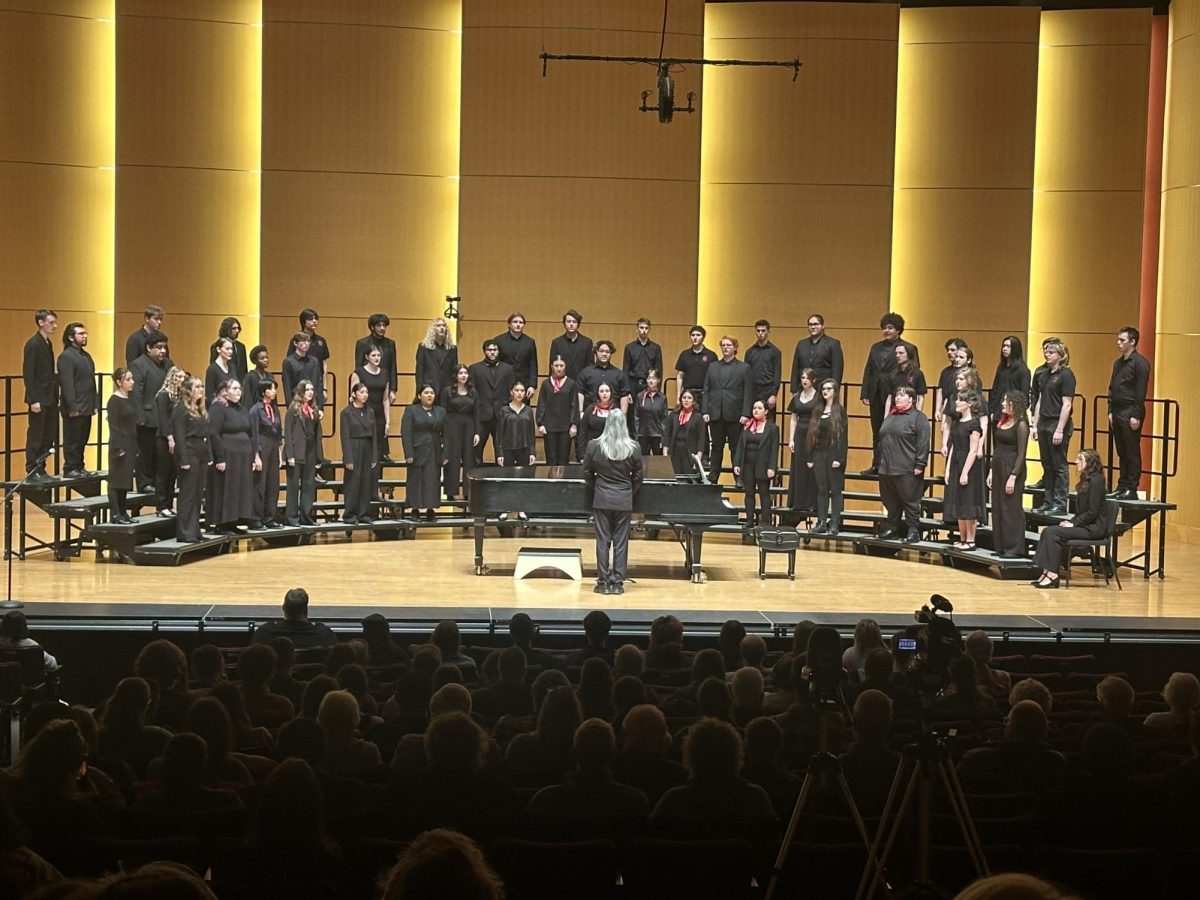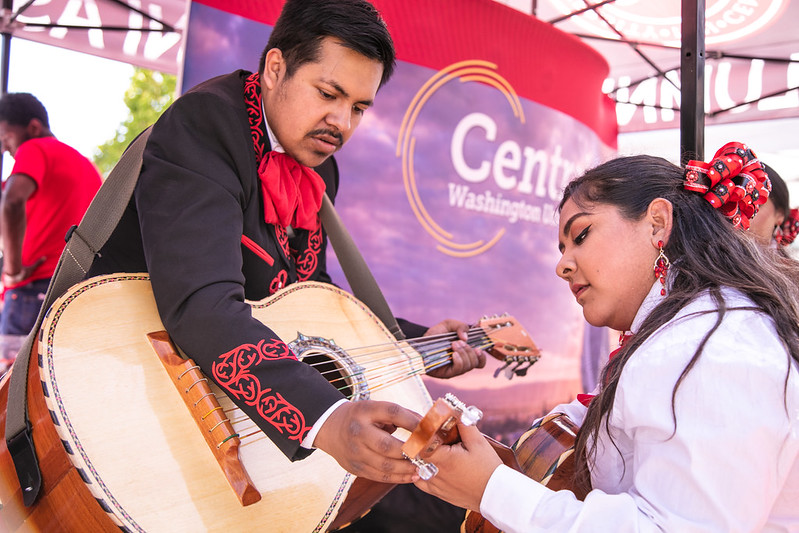
In a collaboration between the CWU Wildcat Pantry and Tri-Cities-based food bank Second Harvest, around 250 students and families were provided free produce, snacks and household goods at the Second Harvest Mobile Food Pantry, according to pantry organizer Brady Smith. “Our goal this year is to have one each quarter,” said Smith, hoping for a perennial partnership with Second Harvest.
On the CWU side, Smith does his part to combat hunger at the university, calling the pantry a consistent resource for students.
“It’s also a great opportunity to… service the whole Ellensburg community,” said Smith, who was grateful for the assistance Second Harvest could provide to expand his operation and help those in need.
Second Harvest is a crucial member of the national nonprofit organization Feeding America’s 200 food banks, stretching its outreach across eastern Washington as well as northern Idaho. Mobile market program director Hilary O’Neill was in charge of bringing Second Harvest’s help to Ellensburg.
“We want to feed as many people as possible, and we can only do that through cooperation with the host, in this case, it’d be Central Washington University,” said O’Neill.
Acting as a supplement to existing food programs in Ellensburg (such as the Wildcat Pantry), Second Harvest’s mobile market focuses on taking food into underserved and rural communities.
“It’s undeniable that the price of everything is going up right now,” said O’Neill regarding problems Ellensburg locals are facing “Our own costs have exponentially grown. And those shortages combined with increasing prices, families are having a much, much harder time making it even from paycheck to paycheck.” Second Harvest’s truck at the mobile food pantry was able to carry 10,000 pounds of food, donating about 7,000 pounds in only an hour and a half long period.
O’Neill knows what it’s like to be food insecure. “I grew up [with a] very low income, I had a single mother who struggled, not even paycheck to paycheck…back then if your mom pulled out an EBT card at the grocery store… people looked at you a certain way.” She looks to denormalize hunger through her work at Second Harvest, inspired by her childhood to serve the public. “Being able to assist with the mission of making sure everybody has food?” O’Neill asked, “Yeah. It’s really important.”
Second Harvest is able to maintain its operations through relationships with generous donors: private growers, factories and warehouses across the state. “They provide us with the product… deemed to be too small or too big to put in a grocery store,” said O’Neill.
O’Neill is intensely passionate about her program. “In a dream world, nobody would ever be hungry again, and [Second Harvest] would cease to exist because everybody would have food all the time, and my job wouldn’t be necessary,” O’Neill said. “Our hunger to feed other people is just growing as well.”








